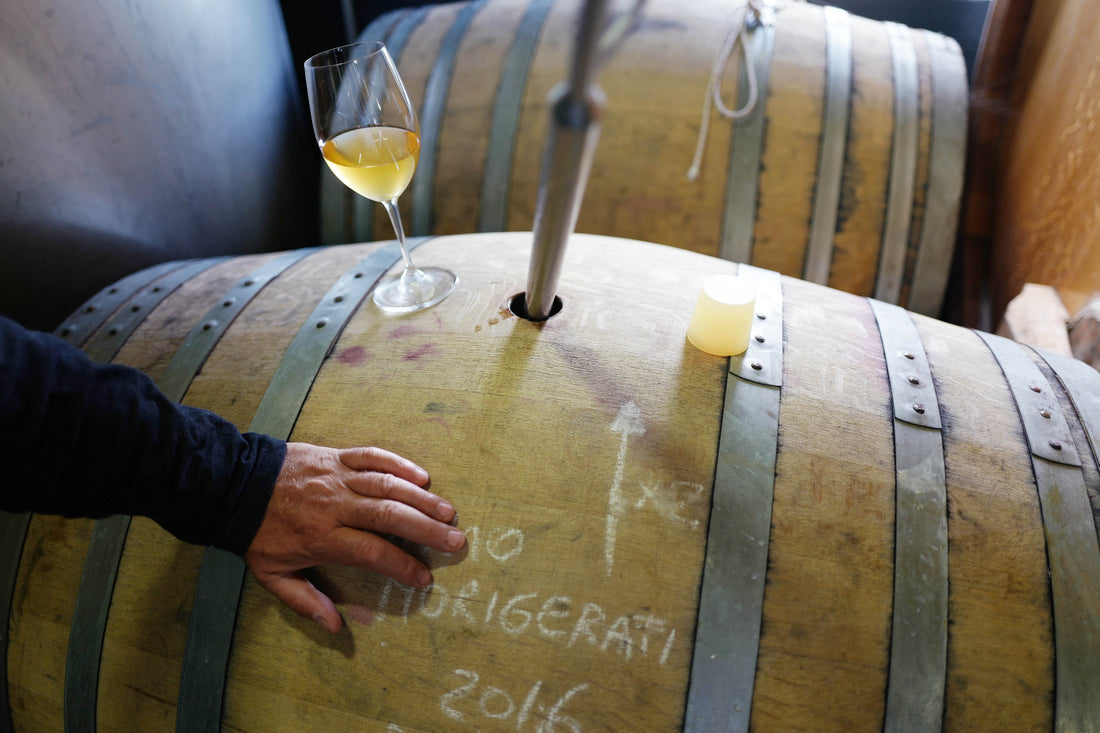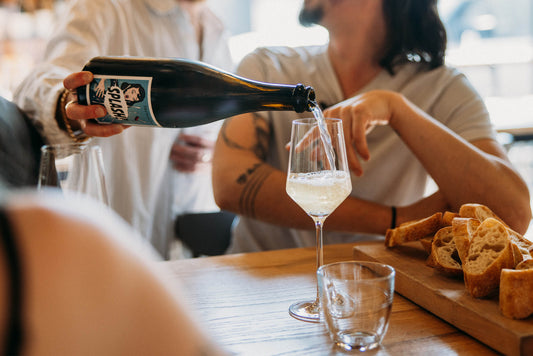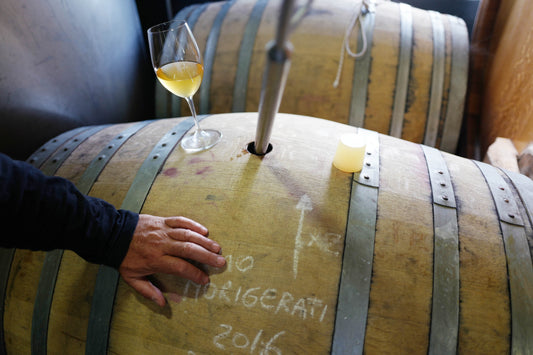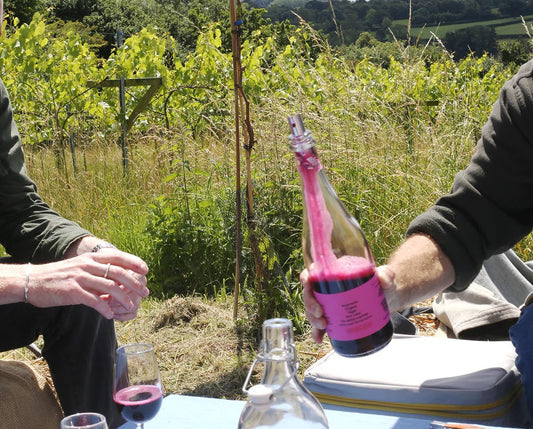If you’re familiar with natural wine (which we hope you are if you’ve landed on our site!) you might already be aware that sometimes the same bottle can drink very differently year on year. This is what we call vintage variation.
Vintage variation in natural wine refers to the differences in flavour, aroma, appearance that occur from one vintage (harvest year) to another in the production of natural wines. It is a characteristic that is also present in conventional wines, but in natural wine, it can be even more pronounced due to minimal intervention winemaking practices.
Natural wines are made with a minimalistic approach, focusing on organic or biodynamic farming, spontaneous fermentation using native yeast, and little to no additives or manipulation. This hands-off approach allows the wine to reflect the unique characteristics of each vintage and the terroir (environmental factors) in which the grapes were grown.
Several factors contribute to vintage variation in natural wine:
- Climate: Weather conditions during the growing season can significantly impact grape ripening, sugar levels, acidity, and flavour development. Hotter or cooler vintages, rainy or dry seasons, and variations in temperature and sunlight exposure can all influence the resulting wine’s character.
- Grape Quality: Vintage variation is often influenced by the quality of the grapes harvested. Factors like vine health, grape maturity, and crop yields can fluctuate from one year to another, affecting the overall quality and flavour profile of the wine.
- Fermentation: Spontaneous fermentation using native yeast is a common practice in natural winemaking. The indigenous yeast strains present on grape skins and in the winery environment can vary from year to year. This can lead to variations in fermentation dynamics, which can impact the aromas, flavours, and overall structure of the resulting wine.
- Minimal Intervention: Natural winemakers tend to avoid or minimise the use of additives, such as sulphur dioxide (SO2), fining agents, and filtration. Without these interventions, natural wines may express more of the raw characteristics of the vintage, including any flaws or unique qualities that come with it.
It’s important to note that vintage variation is considered part of the charm and authenticity of natural wines. It adds a sense of excitement and discovery, as each vintage brings something new and different to the glass. At Native Vine we embrace and appreciate the nuances and evolution that vintage variation brings, considering it an essential part of the natural winemaking philosophy.




